UK defence and aerospace industry boost recruitment drive for female coders to close gender gap
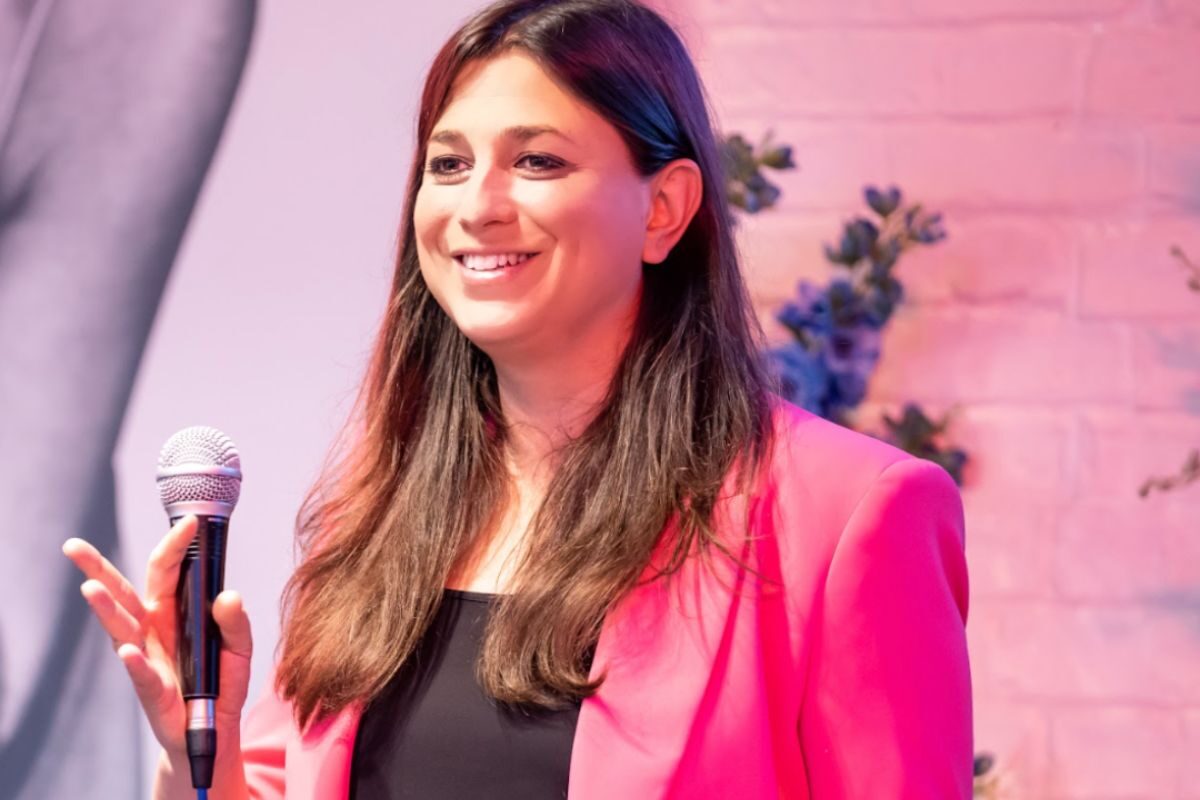
Titans of the UK defence and aerospace industry have launched a recruitment drive for female coders to address the gender diversity gap in the workforce as the industry gears up to make history by launching satellites to space from UK soil.
British satellite builders In-Space Missions, global technology leaders Thales, and missiles manufacturer MBDA, have joined defence multinational BAE Systems in seeking female tech talent with Code First Girls – the largest provider of free coding courses for women.
In-Space Missions, which was acquired by BAE Systems Digital Intelligence in September 2021, and designs, builds and operates satellites. with partners including the UK Space Agency, the BBC and Lunar Mission One, is searching for female software engineers to communicate with satellites and spacecraft on the ground. The company will sponsor women, who can be from any professional or educational background, to first study for a Code First Girls software degree.
Women are seriously underrepresented in the aerospace and defence sectors, reflecting the wider trend in STEM education and careers. Though Helen Sharman paved the way for British women to enter the sector as the first astronaut from the UK to visit space in 1991 and fresh light has been thrown in recent years on the crucial role women in the US played in the lunar mission, the UN reports that the overall number of women in the global aerospace industry has remained static for the last 30 years. The figure fluctuates slightly between 20 – 22%. Even then, women tend to work in administrative and educational roles rather than technical jobs (where men are twice as likely to have an engineering role) – masking an even bigger gender gap underneath the surface.
Female-founded business Code First Girls, which is on a mission to close the gender gap in the tech industry by providing employment through free education, is seeing an increasing number of women looking beyond roles offered by big tech firms and a rising number of businesses outside of the traditional tech industry looking to hire them. Companies are recognising more and more that diversity of thought is vital to ensure their products and services are as innovative as possible.
A recent survey by Code First Girls of more than 1,200 women in the UK showed an increasing number are exploring coding roles despite 74% reporting that a career in tech was neither mentioned nor encouraged at school. With clear implications for the aerospace and defence industries, the topics of most interest to women in tech in the UK are: artificial intelligence, machine learning and big data.
Anna Brailsford, CEO of Code First Girls, said:
“As the UK continues to build its reputation as a global centre of excellence for aerospace and defence, a diverse workforce will be the key to companies having a competitive edge, ensuring continued innovation and creative solutions.
“Through our partnerships, we are helping women, who may never have considered a career in STEM, to break into the industry whilst also providing companies access to the top diverse talent they need in order to flourish.
“If the UK space industry wants to continue to lead the way with pioneering space agencies and companies around the world, it will need to avoid groupthink and tap into this talent from people of all backgrounds, which InSpace Missions are working to promote. “
Dr Kathryn O’Donnell, Chief Operating Officer at In-Space Missions said:
“In our industry, diversity drives innovation by providing us the right mix of minds – giving us the competitive edge.
“Though we’re already bucking the trend in our sector for the number of women we employ, we recognise that we can do so much more – and our partnership with Code First Girls is a positive step towards eliminating the diversity gap.”
With over 80% of Code First Girls‘ students coming from non-computer, science, mathematics or engineering backgrounds, women who were not encouraged into tech careers or pathways early in their education are given the opportunity to boost their skills and career switch into traditionally male-dominated STEM sectors – including aerospace engineering and defence.
Elizabeth Seward, Head of Space Strategy & Future Business at BAE Systems Digital Intelligence, commented:
“To stay ahead in the New Space Age, building capacity and diverse digital skills are essential for ensuring continued secure innovation. Yet, the glaring digital skills gap poses a significant challenge to the future of the space sector. Our research found that 56% of senior aerospace decision makers said the combination of attracting and retaining the right talent is presenting a major challenge.
“What’s more, over a quarter (26%) cited a lack of diversity – including gender, ethnic background and age – when it comes to recruiting STEM talent is holding back their business. Social enterprises, like Code First Girls, are therefore vital in driving a renaissance in the way the society thinks about STEM education and in giving women access to the digital skills required to innovate and stay ahead.”
“We as an industry have a collective responsibility to inspire all of the next generation to look to the stars, regardless of gender and fostering opportunities closer to home will get us there. For government, business leaders and the space sector, the urgency of investing in STEM, and equipping innovators should be at the top of the policy agenda and part of every roadmap to future advantage in space.“
Lindsey Beer, HR Director at Thales, commented:
“Here at Thales, we thrive on the diversity of our employees, which has a real influence on our company and its success in driving innovation and making the world a safer place.
“Whilst high-tech companies tend to consist of a largely male dominated workforce, we know that the best results are achieved by the most diverse teams possible. Therefore, to continue our approach of attracting top talent in our technical teams, we have partnered with Code First Girls to boost our recruitment drive and sponsor women to train as software engineers – no matter what their educational or professional background.”
Raj Badiana, Head of Software Engineering UK at MBDA, said:
“We have set ourselves the ambition of having women make up 30% of our workforce by 2030; as well as promoting or recruiting the same proportion into senior leadership positions.
“We understand the capacity both MBDA and our defence peers have to influence decisions at every stage of a woman’s career journey. This is why we have developed a range of externally-facing initiatives and activities, from STEM outreach projects and charitable partnerships, to dedicated recruitment marketing campaigns.
“We are passionate about supporting STEM returners and career changers, which is why a partnership with Code First Girls felt like such an obvious next step towards further diversifying our Software teams.”

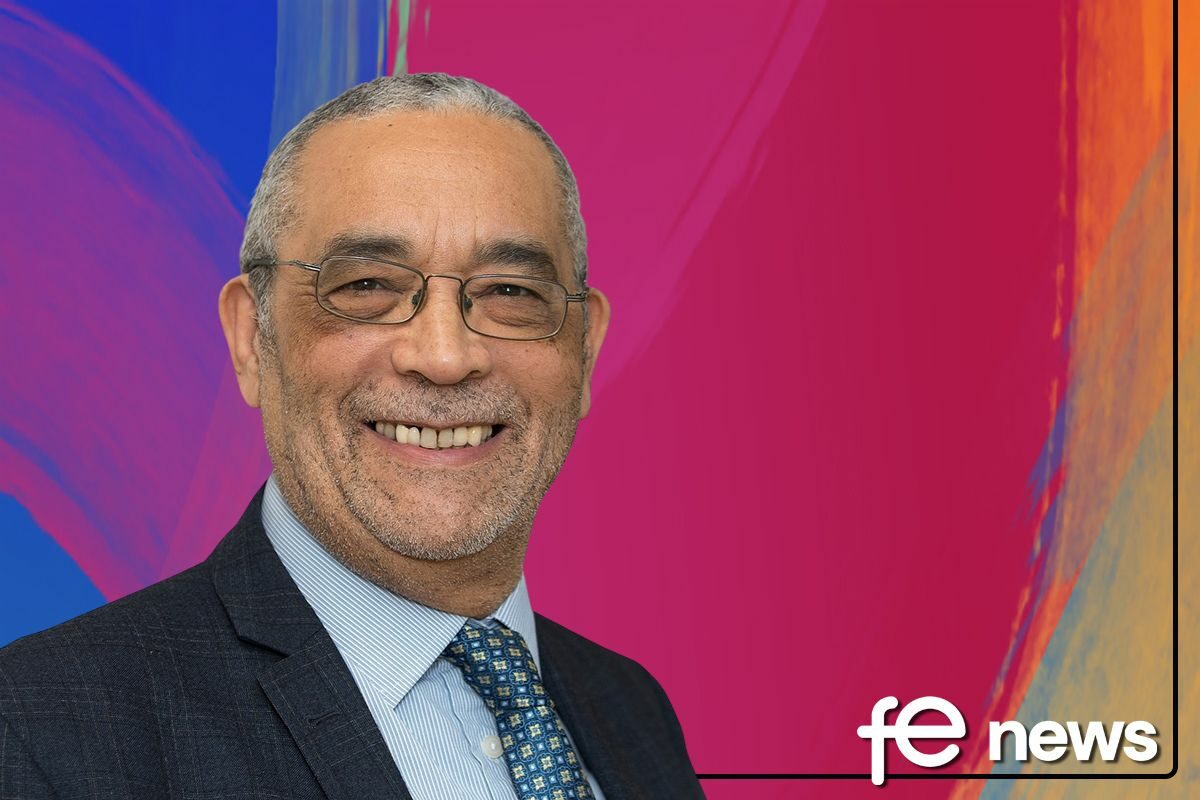
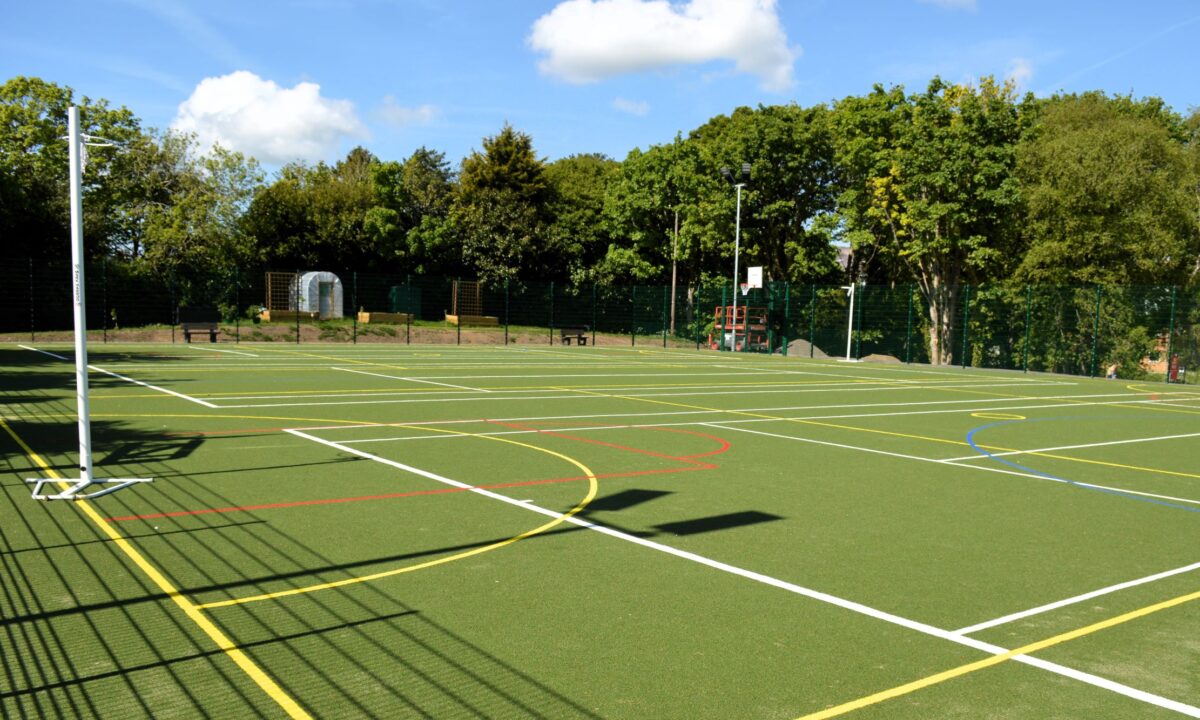

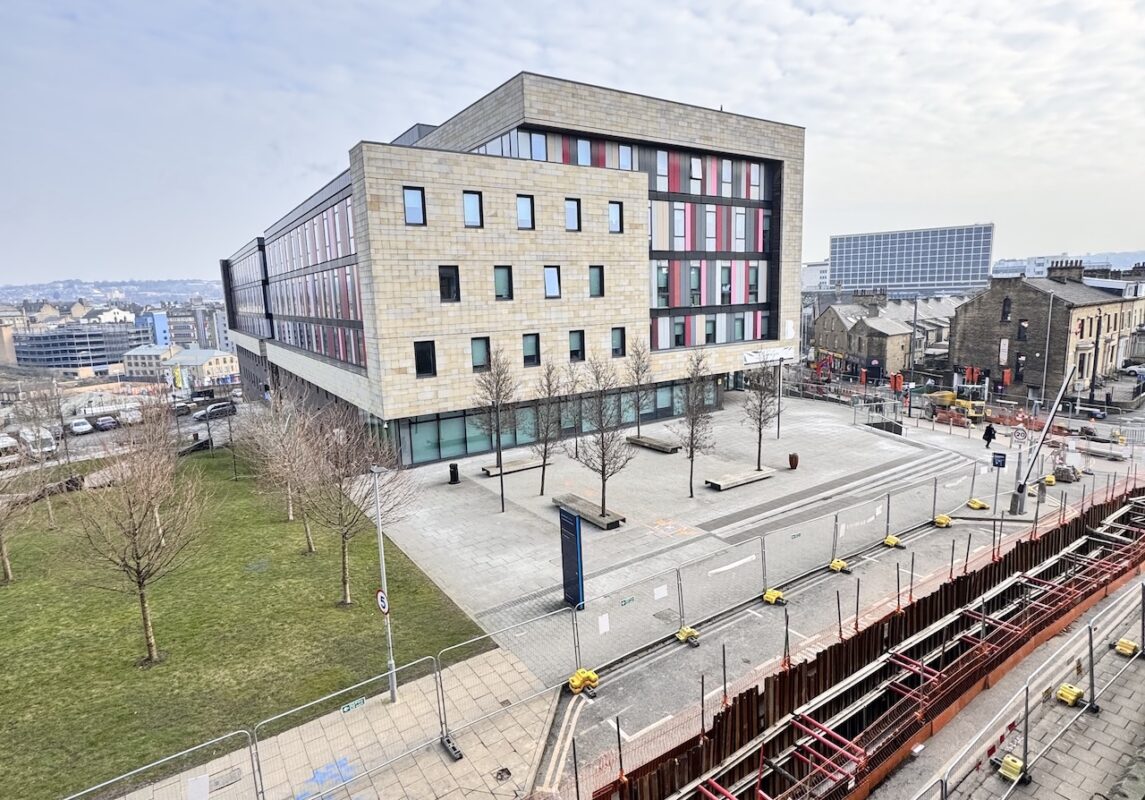

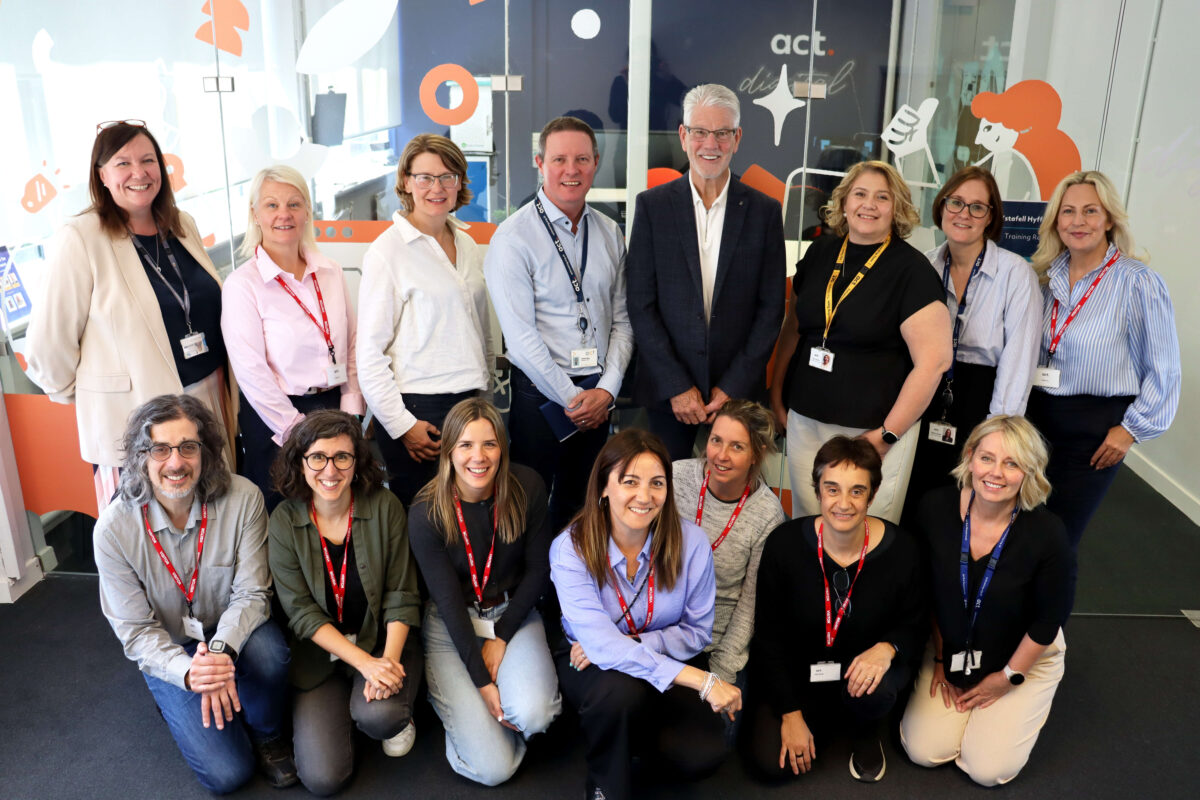




Responses